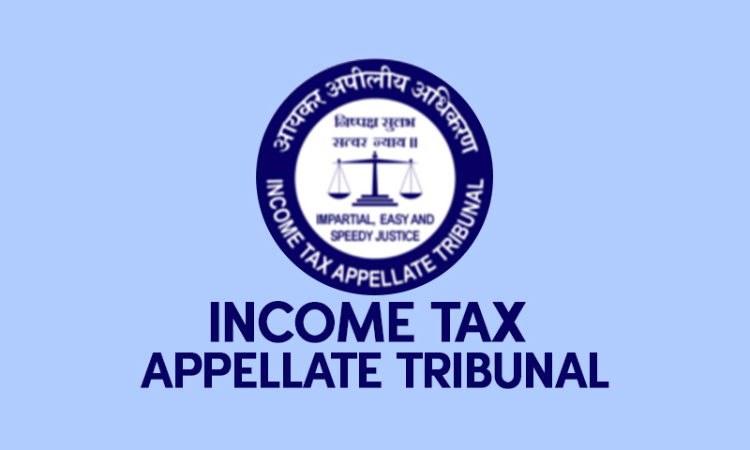Vague Notice With Inaccurate Particulars Of Income Vitiates Penalty Proceedings: ITAT
Mariya Paliwala
12 Aug 2024 4:19 PM IST

Next Story
12 Aug 2024 4:19 PM IST
The Ahmedabad Bench of Income Tax Appellate Tribunal (ITAT) has held that the AO failed to specify whether the penalty was for concealment or inaccurate particulars in the notice issued under Section 274 and Section 271(1)(c) of the Income Tax Act.The bench of Suchitra Kamble (Judicial Member) and Makarand V. Mahadeokar (Accountant Member) has observed that the penalty notice must clearly...
